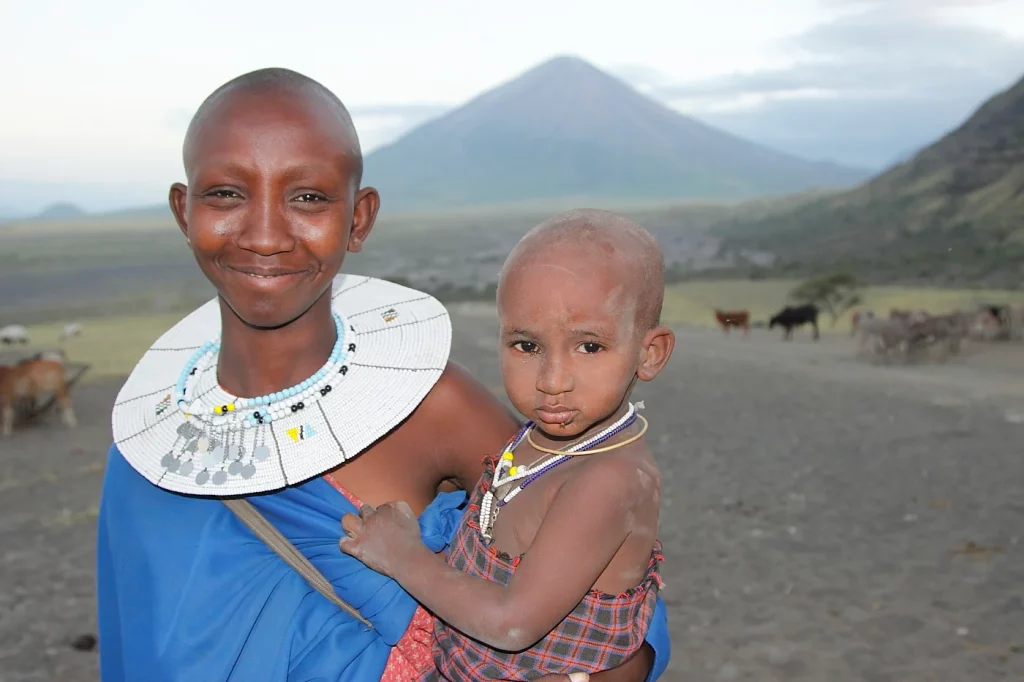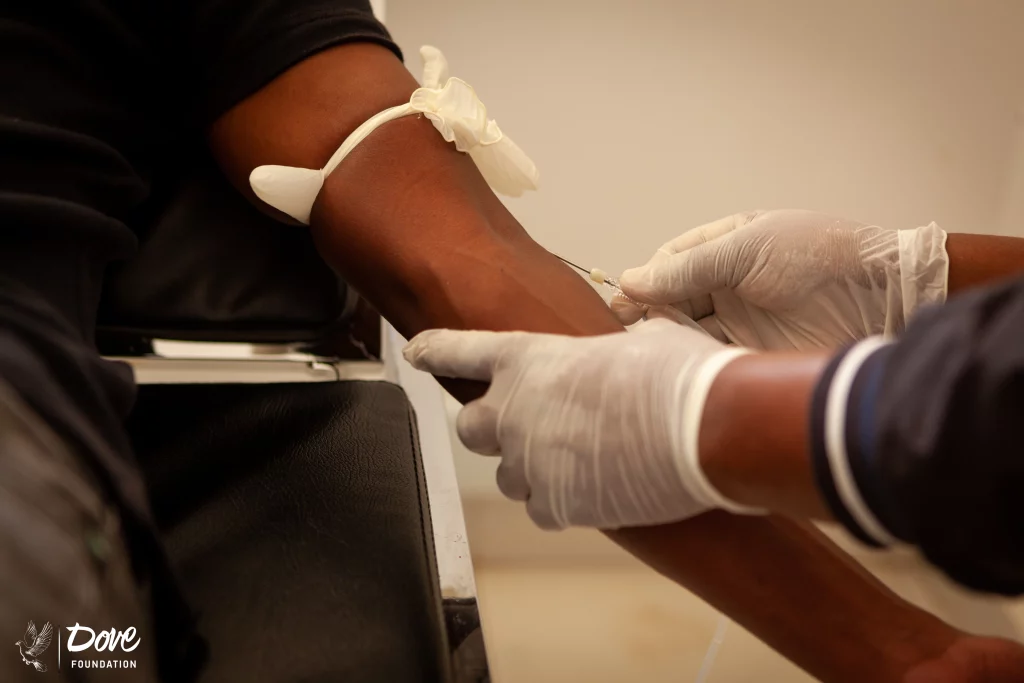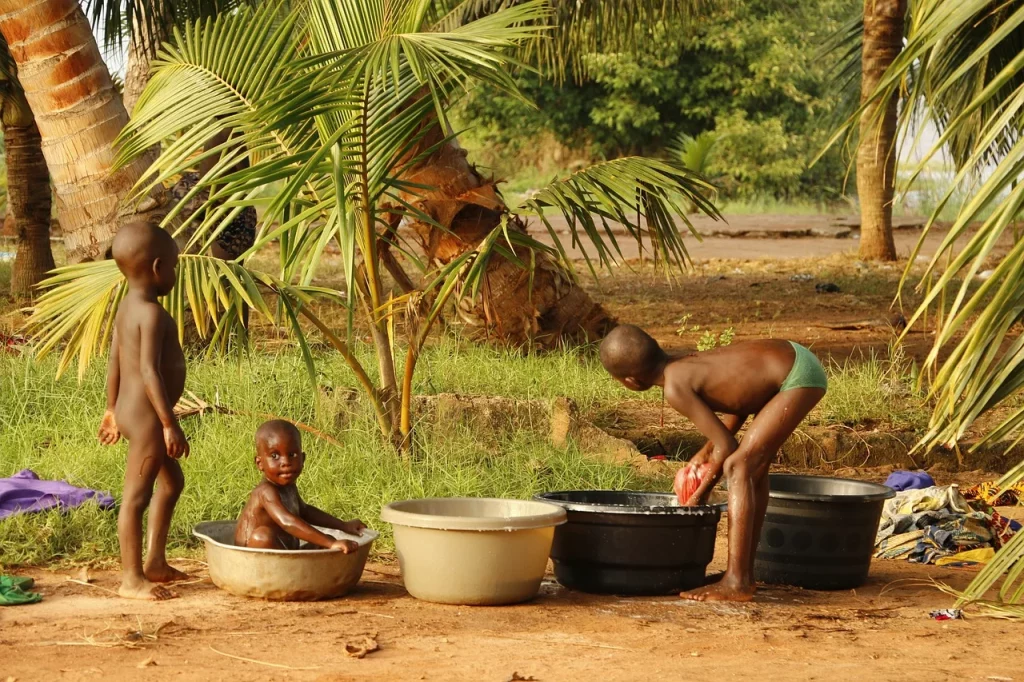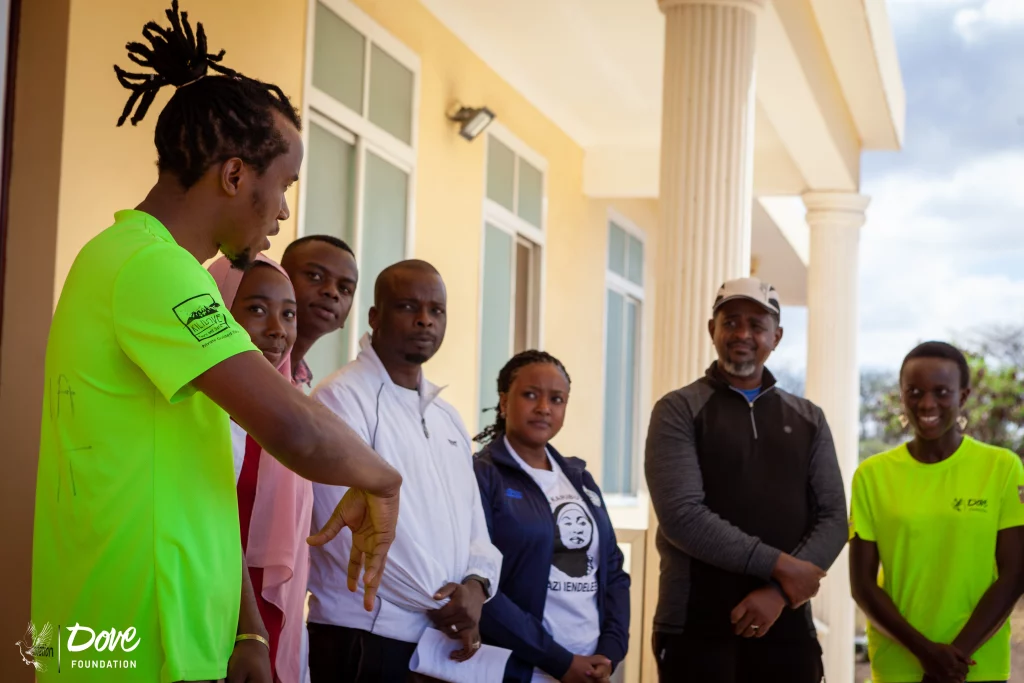A Happy woman, a happy society!

Better cooking energy for the local communities
Many developing African countries use Charcoal and firewood as domestic cooking fuel. It is the most preferred barbecue fuel around the world.
Charcoal is the principal energy source in many poor areas. Since these families have little income, charcoal is often one of the most significant parts of a family’s budget.
Over many years, traditional charcoal making has involved a mass cutting of trees in remote and non-remote areas, as trees are used as primary raw materials for making charcoal.
There are both health and environmental issues involved with the use of traditional charcoal as a fuel. The health issues arising from using charcoal are the same problems arising from using other solid fuels. These health issues, primarily due to the smoke produced when the charcoal is burnt, include increased pneumonia, stroke, heart disease, and lung cancer. The World Health Organization estimates that 4 million deaths per year are partially caused by using solid fuels, including charcoal.
The shift from traditional charcoal to briquettes could have significant environmental and healthy benefits due to the process that uses less wood and less emission that could harm the health of individuals.
We are working with Maasai and other tribal communities around Arusha and Karatu to provide them with access to technology to produce charcoal briquettes that are more efficient and sustainable and are not a product of tree cutting scheme to make it.
Why should local communities use briquettes over traditional charcoal?
In recent years, the environmental impact of traditional charcoal has widely been seen as traditional charcoal involves a lot of cutting trees mostly indigenous species.
Briquettes, made from compressed organic materials, offer numerous advantages over traditional charcoal. Beyond the environmental benefits, there are also significant financial advantages to be gained by using briquettes.
Cost-effectiveness:
Briquettes are an economically viable option due to their longer burn time and higher heat output than traditional charcoal. Briquettes burn more slowly and consistently with a denser composition, ensuring efficient fuel use and reducing the need for frequent refueling. This translates to cost savings as less briquette fuel is required to achieve the desired cooking or heating temperatures, making it a cost-effective choice for households and businesses.
Extended burning duration:
One of the critical advantages of briquettes is their extended burning duration. Briquettes’ denser composition and uniform shape allow for a controlled and steady heat release. This ensures a longer burning time compared to traditional charcoal, thereby reducing the frequency of fuel replenishment. The prolonged burning duration increases convenience and contributes to cost savings in the long run.
Consistent heat generation:
Briquettes offer consistent heat generation throughout their burning process. Unlike traditional charcoal, which can produce varying heat levels depending on the quality and size of the charcoal pieces, briquettes provide a reliable and stable heat output. This consistency is essential for cooking or industrial processes that require precise temperature control, preventing unnecessary fuel wastage and enhancing efficiency.
Environmental benefits:
Beyond the financial advantages, using briquettes aligns with sustainable and environmentally friendly practices. Traditional charcoal production involves cutting down trees, contributing to deforestation and habitat destruction. In contrast, briquettes are made from organic waste materials such as sawdust, agricultural residues, or biomass, which helps reduce waste and promotes the utilization of renewable resources. Individuals and businesses can actively participate in sustainable practices by choosing briquettes while enjoying the economic benefits.
Reduced ash production and cleanup:
Briquettes generate less ash compared to traditional charcoal. This saves time and effort in cleanup and reduces the overall waste generated. With fewer ashes to dispose of, users can maintain a cleaner cooking or heating environment, eliminating the need for frequent cleaning and providing a more pleasant experience overall.
The profitability of using briquettes over traditional charcoal extends beyond just cost savings. Individuals and communities can enjoy extended burning duration, consistent heat generation, reduced ash production, and contribute to sustainable practices by opting for briquettes. These advantages make briquettes an economically viable and environmentally friendly choice for those seeking an efficient and cost-effective fuel source. With their long-term financial benefits and positive environmental impact, it’s clear that briquettes are a profitable alternative to traditional charcoal.
This project aims to train and equip local villages made by small groups of women in the local villages of Arusha, Karatu, Mto wa Mbu, and Moshi.
‘A happy woman, a happy community’
Our Other Projects We Support
Make a donation to The dove Foundation
We would be pleased if you joined our great cause of helping and changing communities worldwide.
Please follow the link below to submit your kind donation.





